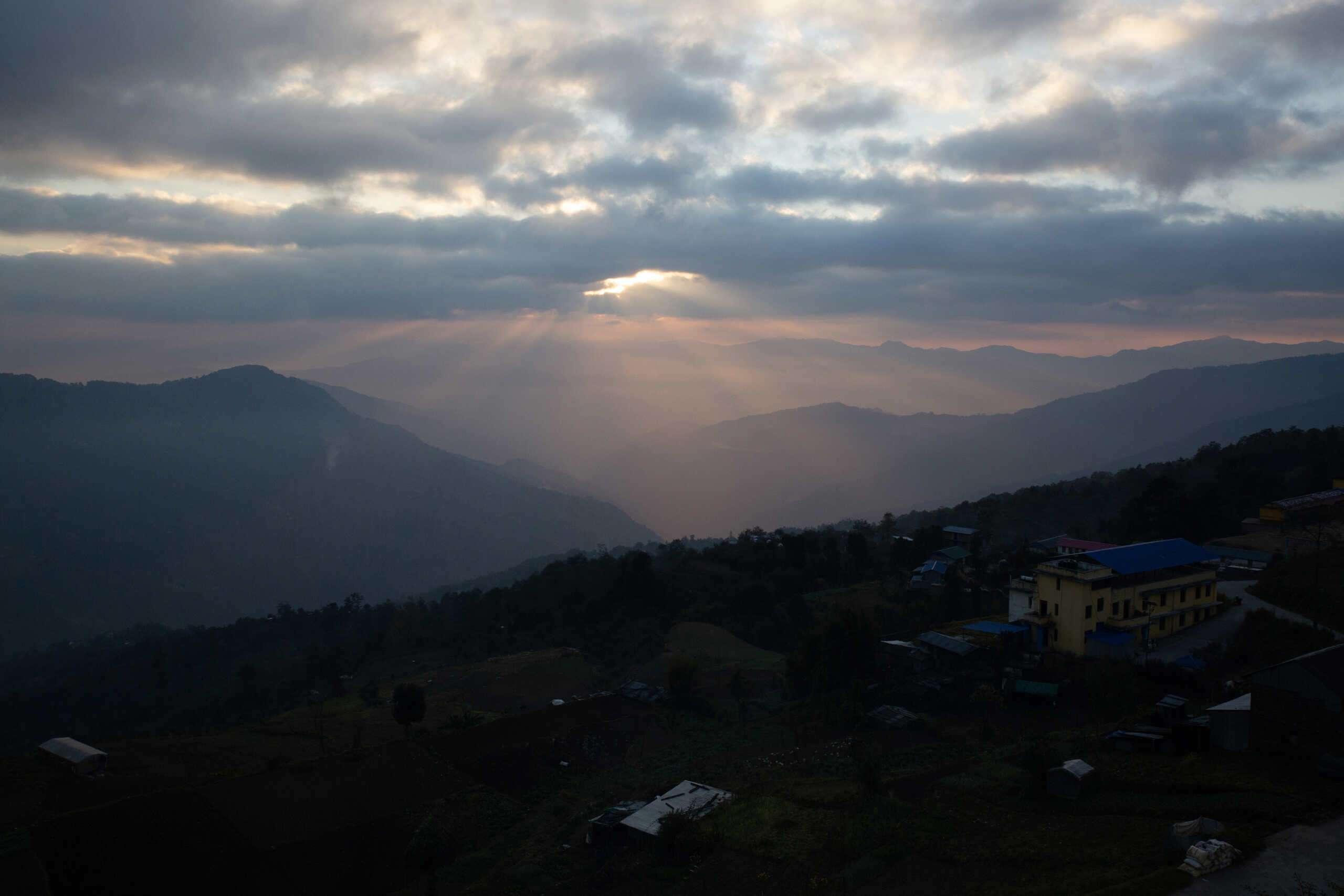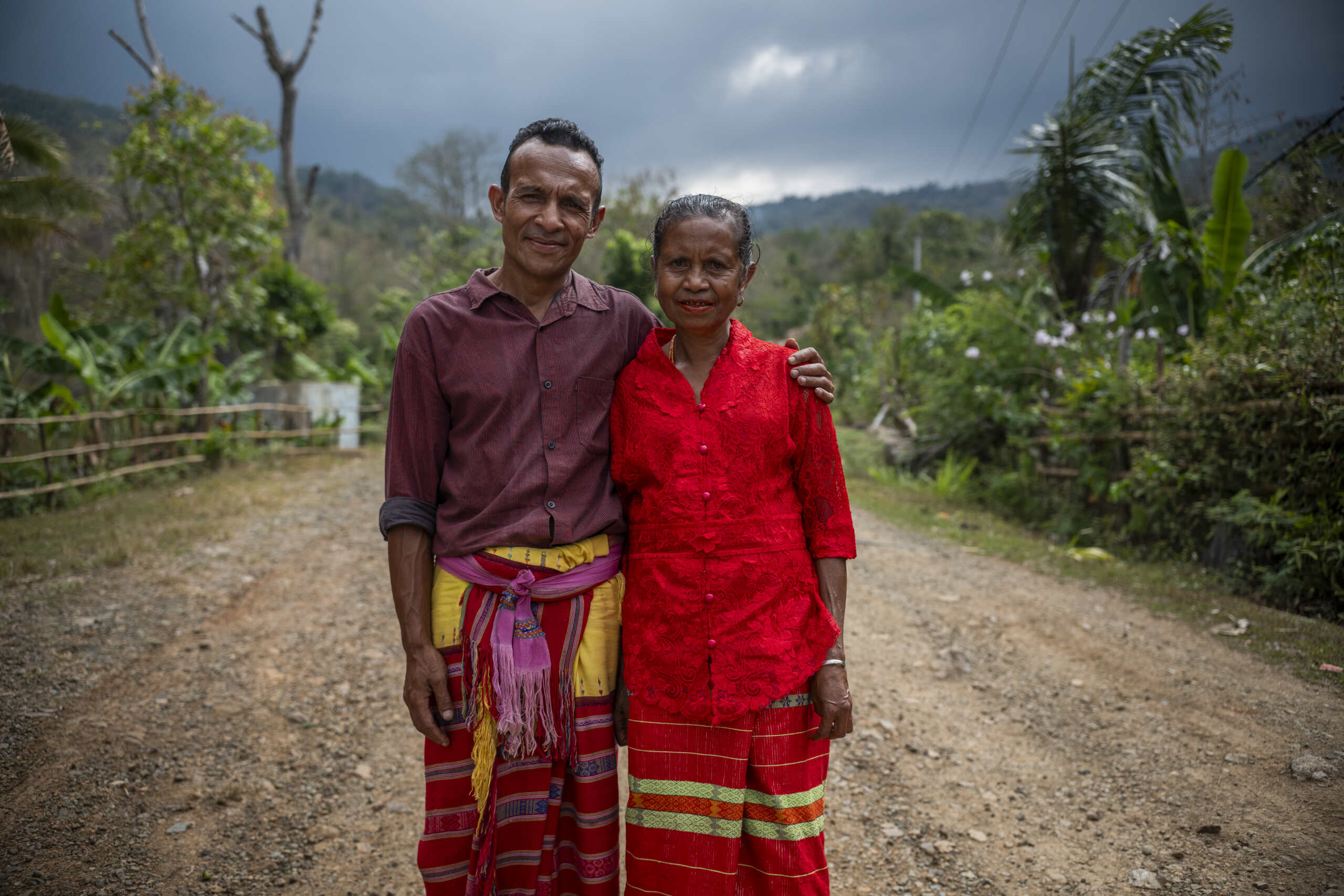How engaging OPDs in CBM field programs ensures greater inclusion of people with disabilities
Pacific, Stories | June 25, 2024
Engaging Organisations of People with Disabilities (OPDs) in CBM field programs ensures greater inclusion of people with disabilities.
As part of the information gathering for CBM’s recently launched, “We have a key role now”: Lessons learned from partnerships with organisations of persons with disabilities feedback was collected from Organisations of People with Disabilities (OPD) to identify what is working well and what could be strengthened in our partnership approach. From 32 OPDs across 14 countries CBM’s quality team documented the benefits, challenges and emerging issues related to our partnership approach to field programs.
To ensure the perspectives and voices of people with disabilities are heard and reflected in local field programs, CBM engages Organisations of People with Disabilities to inform their project planning and implementation. CBM also works to establish local self-help groups for people with disabilities to learn about local issues and concerns that could inform field programs. As a result, several self-help groups have merged and become recognised as formal OPDs.
Some common themes emerged from the feedback received from OPDs that work in our funded field programs – some positive and others highlighting room for improvement.
OPDs reflected on room for improvement:
- Viability of new OPDs beyond CBM funding
OPDs identified that this programmatic approach resulted in a number of benefits:
- Help with formal registration and internal governance processes to be eligible for donor funds
- Active supporting and mentoring;
- Provides skills building opportunities for people;
- They also pay attention to ensuring that women and people from marginalised backgrounds are involved;
- supported and mentored in ways to engage with local government, with CBM or partners supporting them in avenues to engage, advocate, and source funds; and
- Opportunities for young people with disabilities who cannot get formal jobs
“Some of the other benefits of CBM’s approach is that OPDs receive support and guidance to focus on the rights of people with disabilities. OPDs are given tips on the best ways to campaign around rights issues and have reflected that they “are more able to stand up for their rights in front of government.”
There is more work to be done to get broad representation in the disability movement, which is why CBM also actively promotes diversity in OPDs to ensure the most marginalised people with disabilities are not left behind. As a result, bylaws have been changed in some OPDs to ensure leadership teams are made up of at least 40% women, which for many OPDs is a significant increase.
We have found that creating opportunities for people with disabilities to share their perspectives and ideas makes for more inclusive programming overall. The benefits to OPDs far outweigh the challenges faced when it comes to including OPDs in local programming. We hope you too are inspired to include OPDs in your programming to create greater outcomes for people with disabilities and ensure they are included in all development efforts.
https://www.cbm.org.au/stories/engaging-opds-in-cbm-field-programs-ensures-greater-inclusion-of-people-with-disabilities
Related Stories

Building inclusive, climate resilient communities in Bangladesh
Highlights from DFAT Post’s visit In January 2026, representatives from the Australian High Commission in...

Week 1 – Lent series 2026
As we enter the season of Lent, we’re taking time as a community to pause, reflect, and draw closer to the heart of God. Lent invites...

How CBM is making a difference in Indonesia
For more than 45 years, CBM Global has been working alongside communities in Indonesia to ensure people with disabilities...
